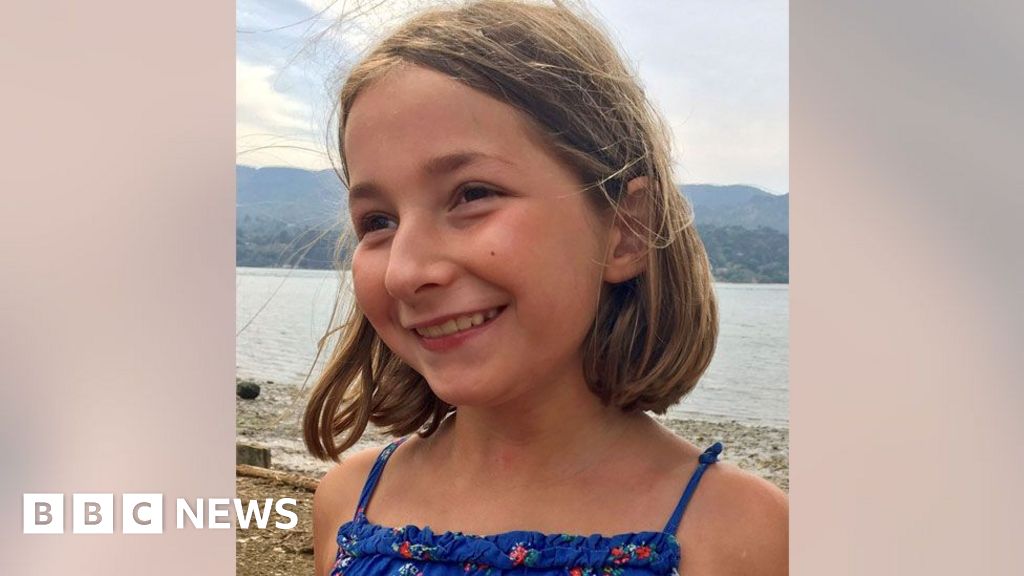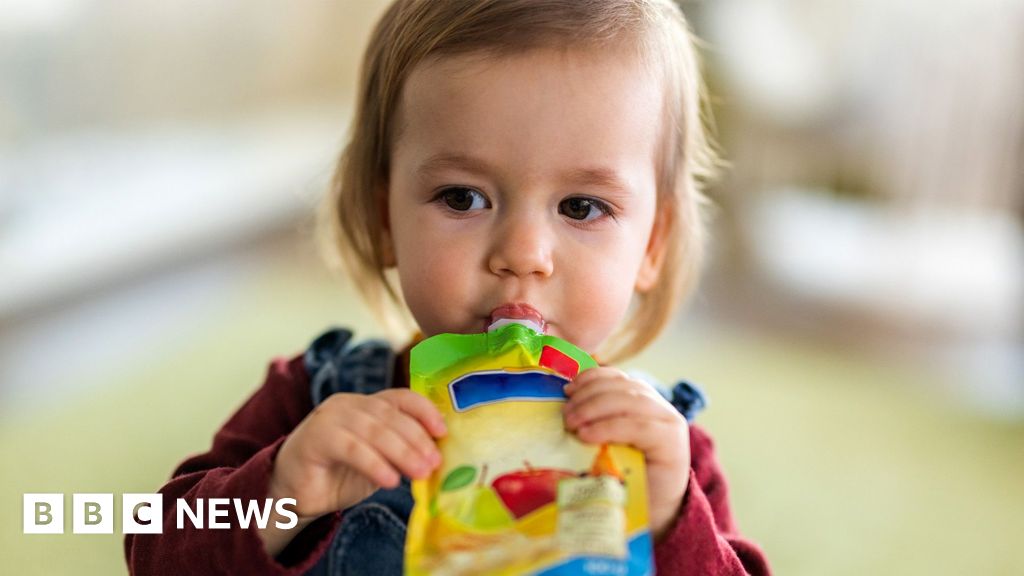ARTICLE AD BOX
By Christy Cooney
BBC News
Image source, Science Photo Library
Image caption,Monkeypox virus particle
Anyone at high risk of having caught monkeypox should isolate for 21 days, the latest official guidance says.
The advice, from the UK Health Security Agency (UKHSA), applies to anyone who has had direct or household contact with a confirmed case.
Contacts are advised to provide their details for contact tracing, forgo travel, and avoid contact with immunosuppressed people, pregnant women, and children under 12.
The UK has so far confirmed 20 cases.
More than 80 have also been identified across Europe, the US, Canada, Israel, and Australia.
Monkeypox is a rare viral infection most common in remote parts of Central and West Africa. The disease, first found in monkeys, does not tend to spread easily between people but can be transmitted through close physical contact, including sexual intercourse.
Symptoms, which include a high temperature, aches, and a rash of raised spots that later turn into blisters, are typically mild and for most people clear up within two to four weeks.
A person is considered at high risk of having caught the infection if they have had household or sexual contact with, or have changed the bedding of an infected person without wearing personal protective equipment (PPE).
Speaking to the BBC, Dr Susan Hopkins, chief medical adviser for UKHSA, said community transmission was occurring in the UK.
"We are finding cases that have no identified contact with an individual from west Africa, which is what we've seen previously in this country," she said.
The UKHSA has said that a notable proportion of early cases have been detected in gay and bisexual men and has urged members of those communities in particular to be alert.
The cases have also been largely concentrated in urban areas.
"We would recommend to anyone who is having changes in sex partners regularly, or having close contact with individuals that they don't know, to come forward if they develop a rash," said Dr Hopkins.
She added that there was currently no vaccine for monkeypox, but that close contacts of cases were being given an established smallpox vaccine.
"We're not using [the vaccine] in the general population," she said. "We're using it in individuals who we believe are at high risk of developing symptoms, and using it early, particularly within four or five days of the case developing symptoms.
"For contacts, [this] reduces your risk of developing disease, so that's how we're focusing our vaccination efforts at this point."
Image source, PA Media
Image caption,Dr Susan Hopkins of the UKHSA encouraged anyone who developed symptoms of monkeypox to come forward
Smallpox vaccines are around 85% effective in preventing monkeypox infection, and several countries have said they have begun stockpiling them.
In a statement on Friday, the World Health Organization said it was "working with the affected countries and others to expand disease surveillance to find and support people who may be affected".
Asked about the outbreak as he finished a visit to South Korea on Sunday, US President Joe Biden said that if the virus were to spread more widely it would be "consequential".
He added that the issue was "something that everybody should be concerned about" and that the US was "working hard" on its response.

 3 years ago
40
3 years ago
40








 English (US) ·
English (US) ·